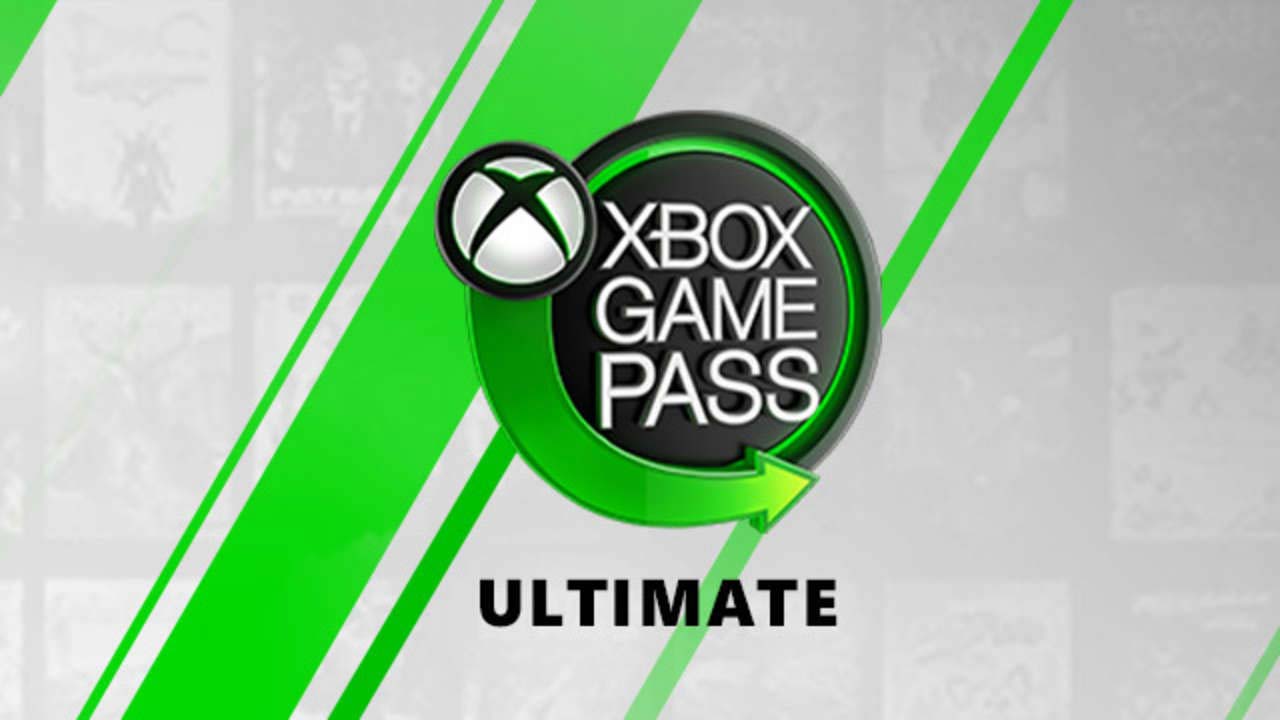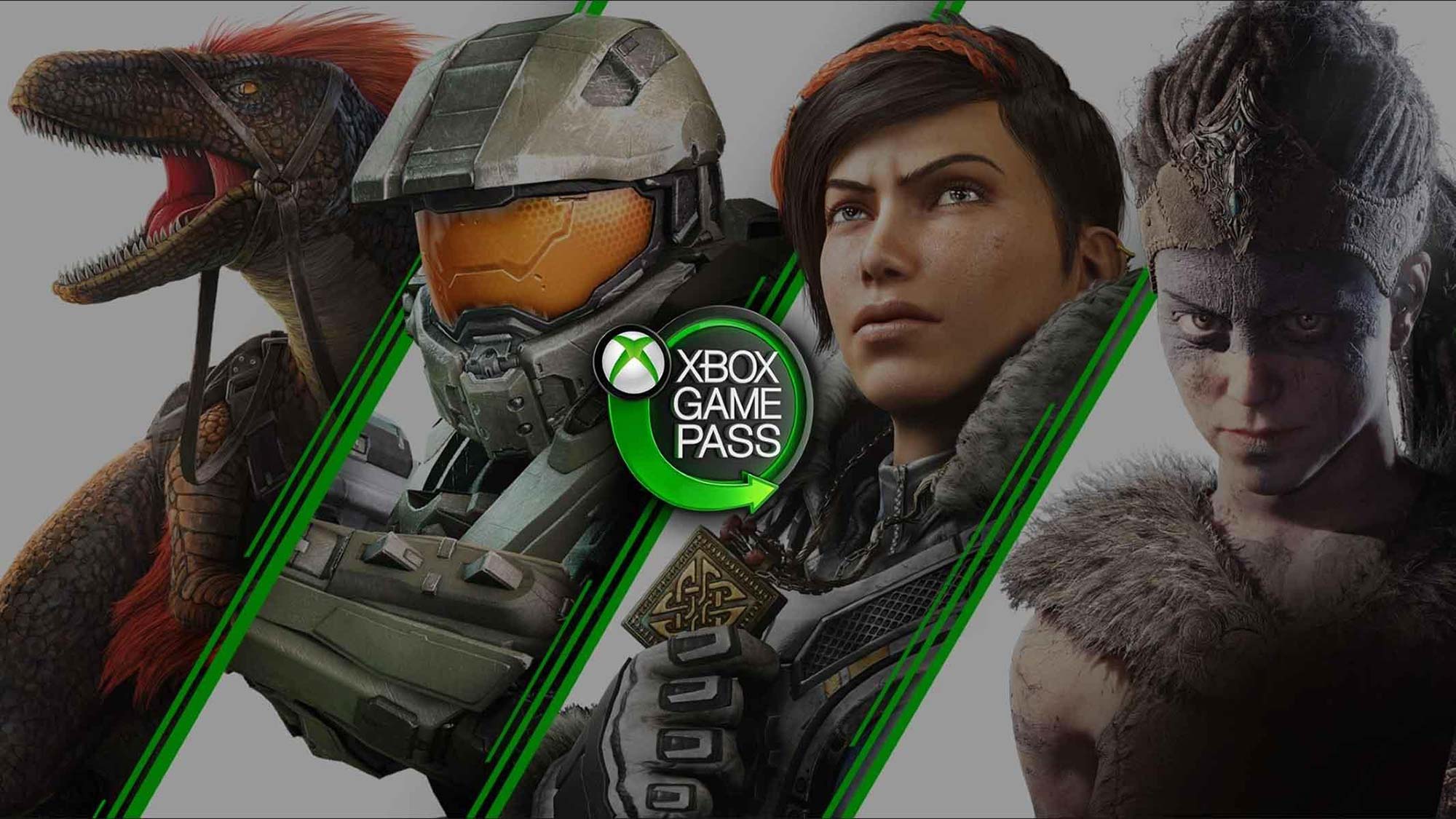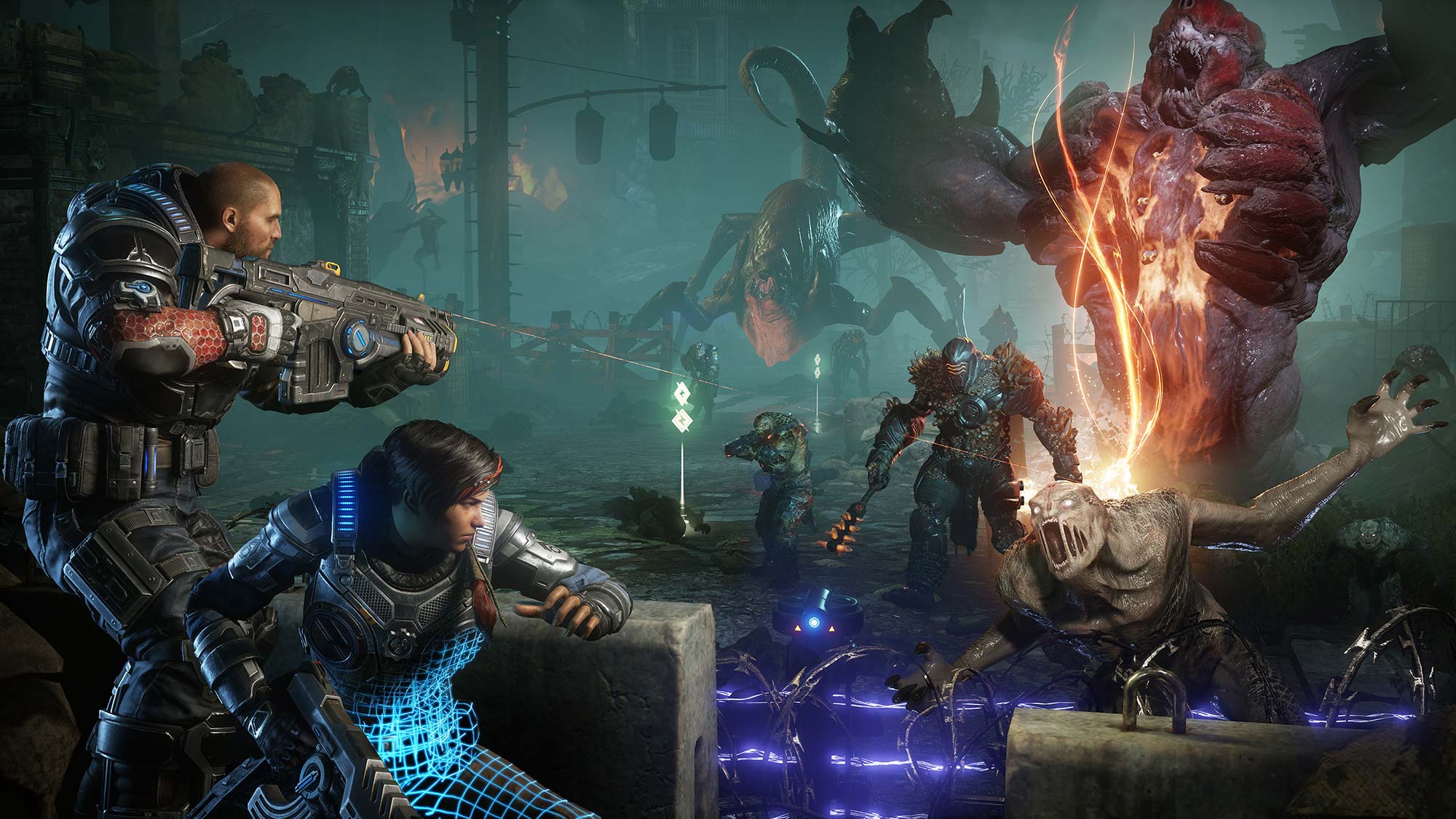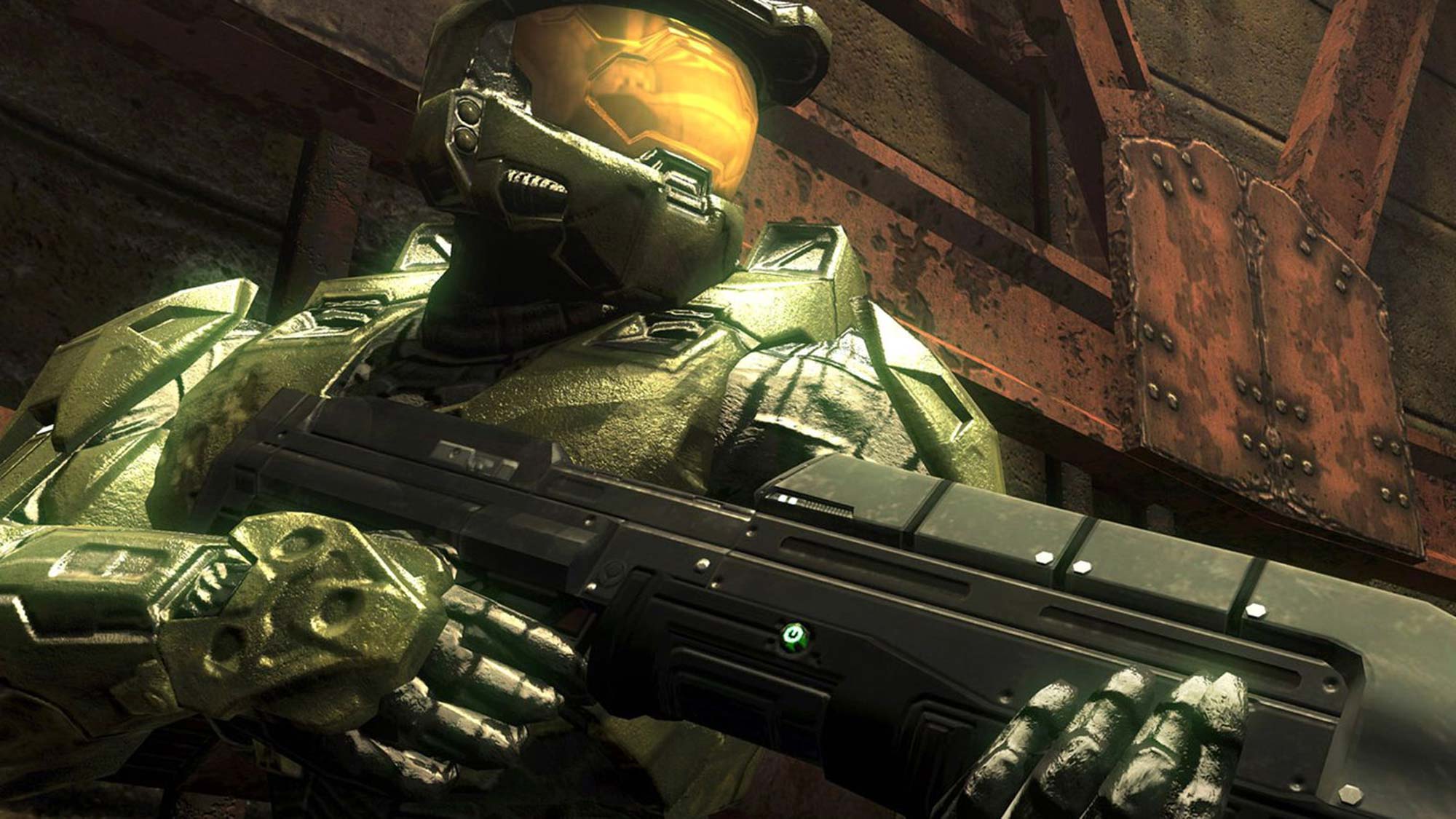Xbox Game Pass is a steal — so why aren't people using it?
Xbox Live is dead, all hail Xbox Game Pass

Sign up to receive The Snapshot, a free special dispatch from Laptop Mag, in your inbox.
You are now subscribed
Your newsletter sign-up was successful
At the time of this writing, Xbox Game Pass has over 10 million subscribers. Considering how Microsoft’s all-you-can-eat game subscription service costs a mere $9.99 a month ($14.99 for Xbox Game Pass Ultimate), it makes sense it would have such a large install base. And while that sounds like a substantial number, 10 million users pales in comparison to the 90 million install base of Xbox Live. Given Game Pass’ apparent value, we have to ask the obvious question: Why aren’t more Xbox Live members subscribed to Xbox Game Pass?
Before answering that, we have to establish what Xbox Game Pass is and who gets the most out of it. Game Pass has hundreds of titles from the Xbox Store. This comprises both first and third-party games. Since March of 2018, Game Pass gets all first-party Xbox games on release date. Third-party titles arrive on Game Pass months or even years after release. As long as you’re subscribed to Game Pass (and have an internet plan with unlimited data), you can download and play games without restrictions.
The service is perfect for two specific groups: Those on a tight budget and people who don’t care about playing games at launch. If you’re a kid or college student, paying $15 a month to access hundreds of games is preferable to paying $60 a pop for individual titles. If Fear of Missing Out (FOMO) isn’t something that troubles you, you can simply wait to play whatever “new” titles come to Game Pass. Objectively, it’s a great deal if you fall into these two categories.
Dig a little deeper, however, and we see that Xbox Game Pass isn’t perfect. While there are many gamers who don’t play games at launch, a substantial number do. First-party Xbox titles on release date are great, but what about third-parties? Red Dead Redemption 2 on Game Pass seems like a boon… unless you already played it two years ago. What’s the point of having access to games you’ve completed?
The other major issue is that, like Netflix, games eventually get cycled out. If you’re in the middle of a long RPG like Final Fantasy XV and it is removed from Game Pass, you'll have to buy it. In Game Pass’ defense, the service gives you a month’s warning when games you’ve downloaded are about to leave. You also have the option to buy the game at a discount. That’s nice, but unfortunately, it leads to another problem. Paying $15 a month plus the cost of an individual title (or titles) undermines the very spirit of Xbox Game Pass. Subscribing to Game Pass doesn’t save you as much money as you may have hoped.
There’s also the question of ownership. Despite living in an age where subscription services reign supreme, many folks still want to own games. And I’m not just talking about owning physical titles (although that is a segment of customers). Some players feel more comfortable buying and downloading games individually rather than getting them through a service like Game Pass. It sounds like semantics considering you’re downloading games regardless, but perception is key, and to some, knowing they are getting a game through a service turns them off. In their eyes, Game Pass removes ownership.
Pricing may also be an issue. On its own, Game Pass is $9.99. For $14.99, subscribers get Xbox Game Pass for Xbox and Windows PC along with Xbox Live. This also includes access to play online games. An additional $5 on top of the $10 for Xbox Live doesn’t sound so bad, but to some gamers, it could very well be a deal-breaker.
Sign up to receive The Snapshot, a free special dispatch from Laptop Mag, in your inbox.
Sports games on annual schedules, such as FIFA, Madden and NBA2K, account for a large portion of yearly game sales. The people who buy these titles vastly outnumber the amount of “core” gamers. Game Pass has little value for this group. As I said up top, it is rare for Game Pass to get third-party games at launch. If you’re a hardcore Madden player, you won’t want to wait eight months to play the most recent entry when a new one is right around the corner. And though it’s not a sports game, we can also lump the Call of Duty series into this category. No dedicated CoD player is going to wait almost a year to get their fix. To them, Game Pass doesn’t have much to offer.
So how does Microsoft get more Xbox Live members to upgrade to Xbox Game Pass Ultimate? Users know the service exists. It’s right there front and center on the Xbox dashboard whenever they turn on their console. Xbox owners know about the service and what it providess, so clearly visibility isn’t an issue. Having more third-party games releasing at launch or near launch could help. However, it’s hard imagining big publishers like Ubisoft, Square Enix, or EA putting their games on Game Pass at launch and potentially undermining sales. That said, better first-party titles could help. Outside of Cuphead and the Ori franchise, Xbox doesn’t have universally beloved titles like those on PlayStation 4 and Nintendo Switch. Games like Hellblade: Senua’s Saga could deliver a “prestige” experience on Xbox to draw more folks to Game Pass, but it is too early to speculate on that. What's clear is that Xbox Game Pass has a branding problem with no easy solution.
A new console generation could give Game Pass a greater infusion of subscribers, even outside of the Xbox ecosystem. We know Microsoft’s first-party game studios are working on their respective projects. If the titles produced are of the same quality as those from Sony and Nintendo, it would give Game Pass a boost. We also can’t forget about Project xCloud, which comes bundled with Game Pass at no additional cost this September.
Although Microsoft admitted Game Pass is “not a big profit play,” the company isn’t abandoning the service any time soon. Even if Game Pass doesn’t seem appealing at the moment, the service will only get stronger. Perhaps with time, Xbox users will find value in Xbox Game Pass and sign up in greater numbers.




